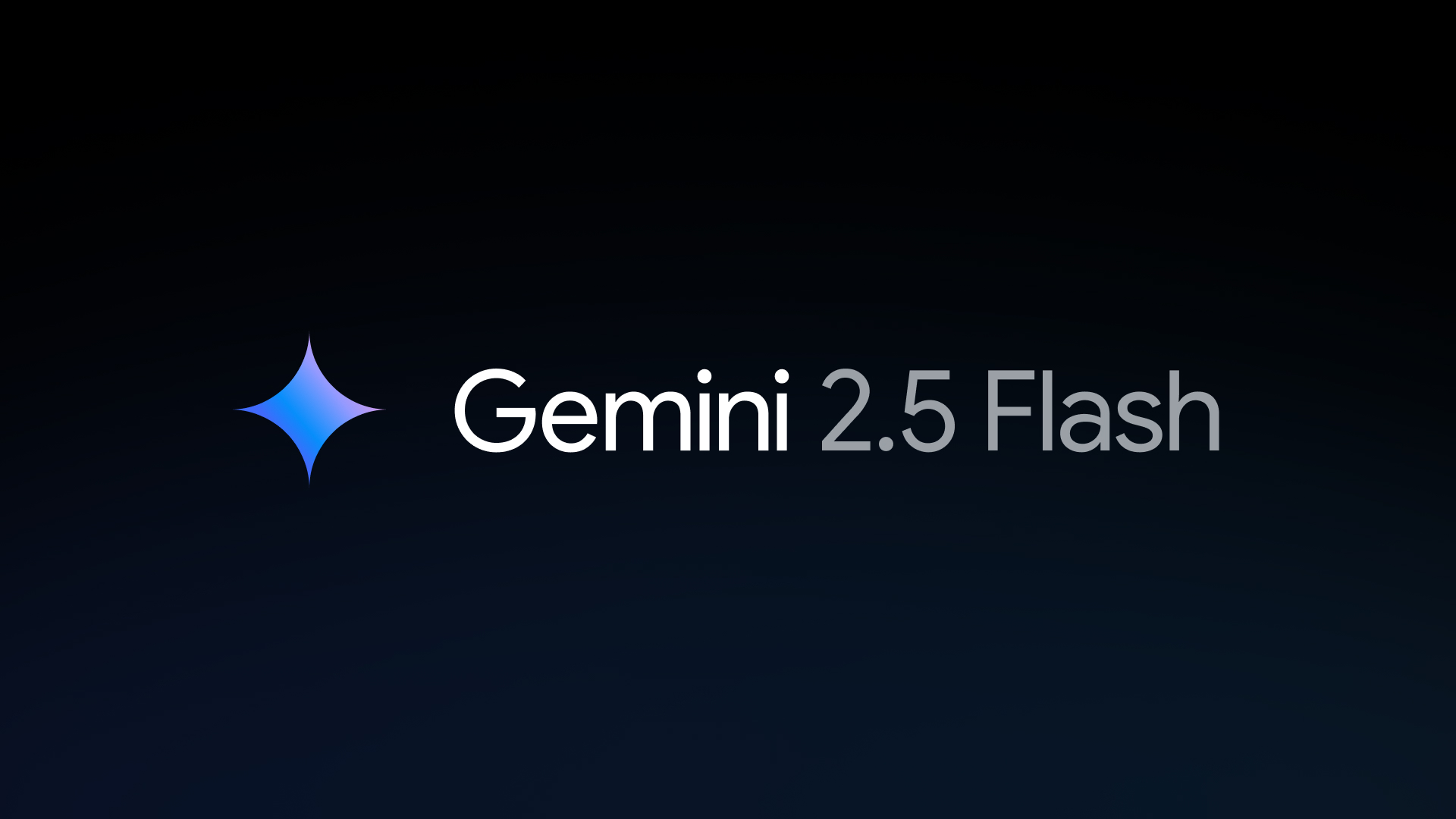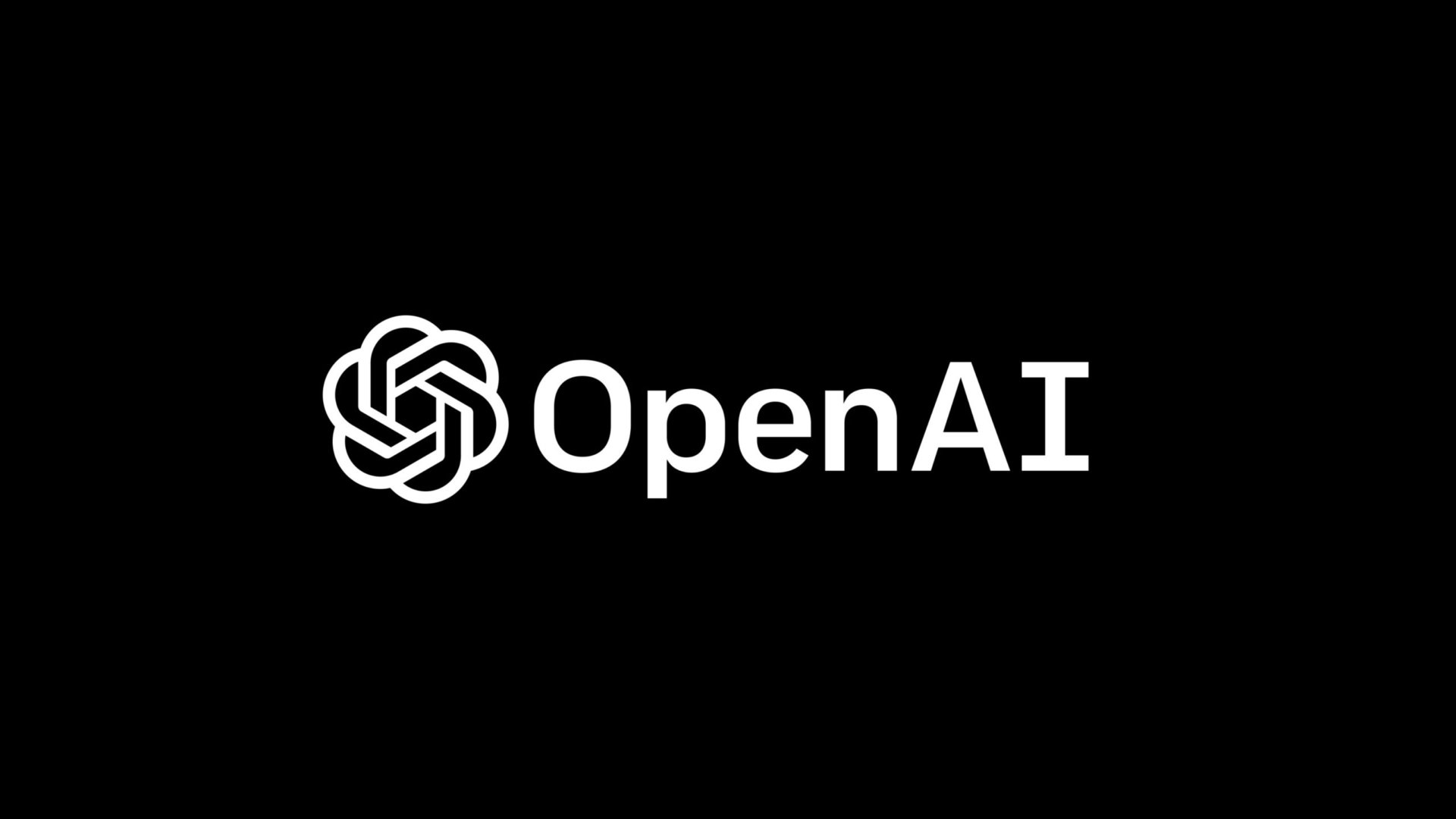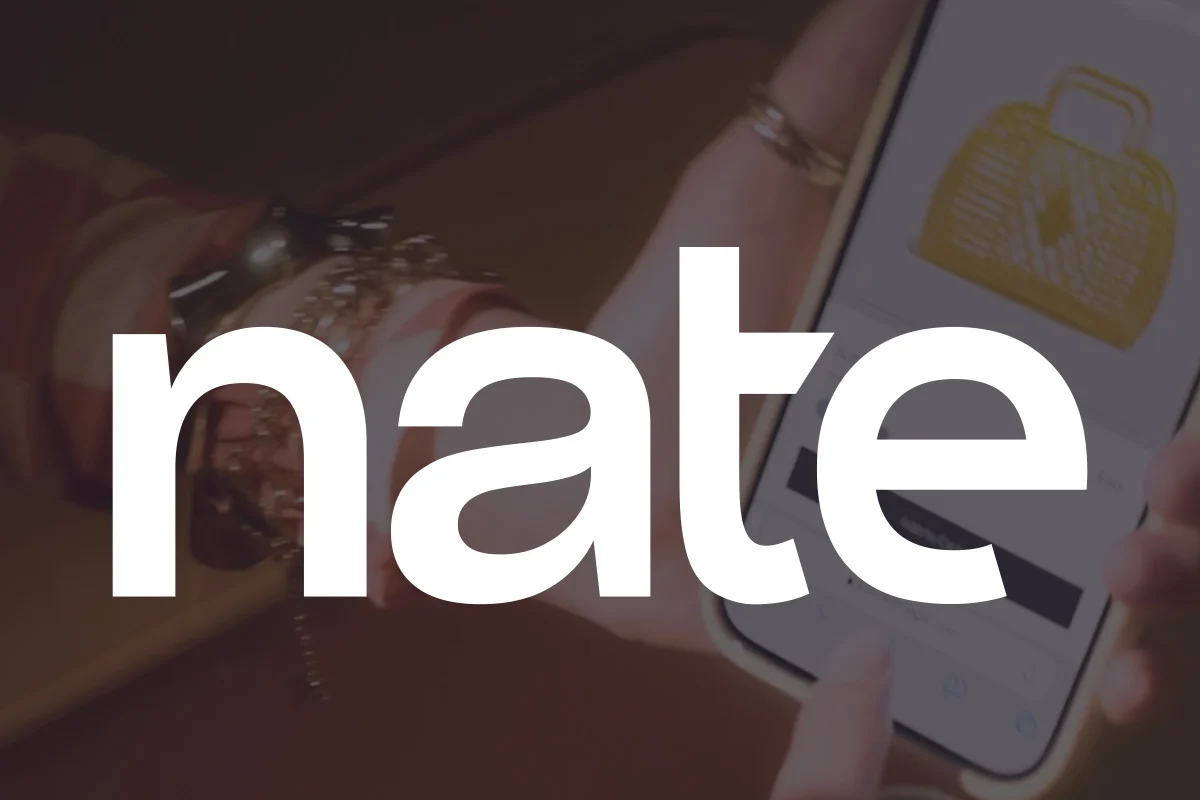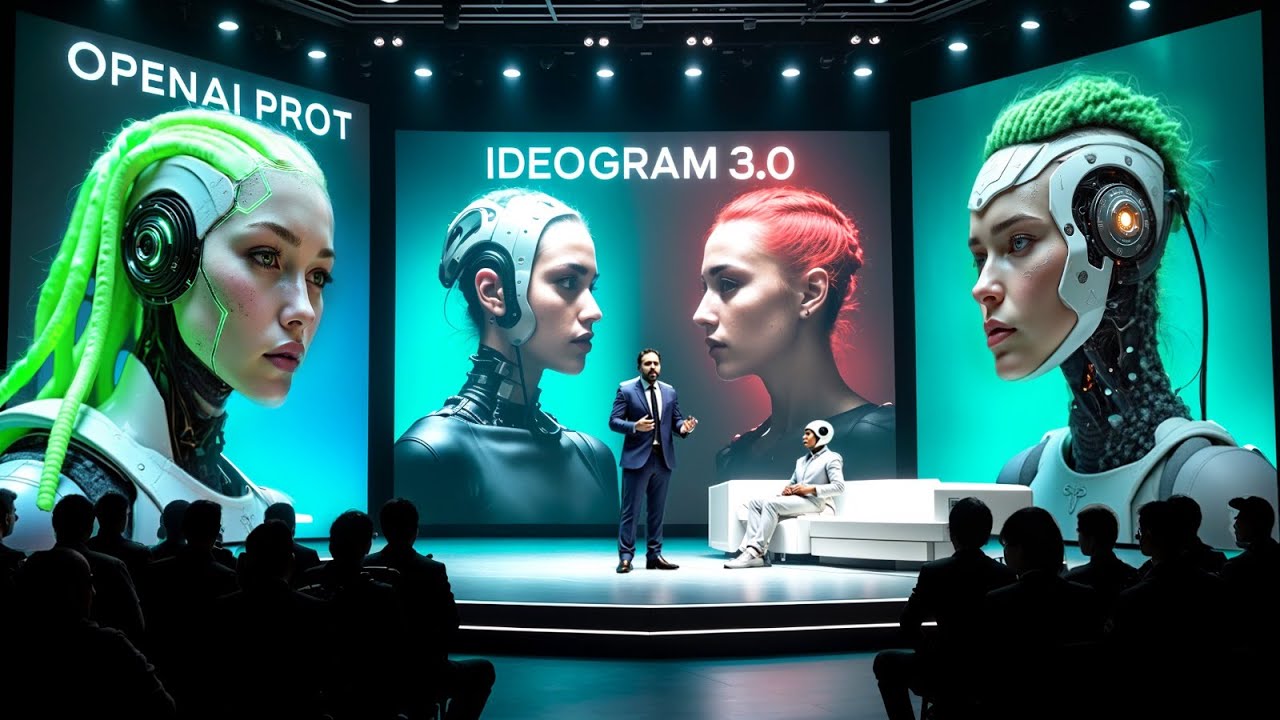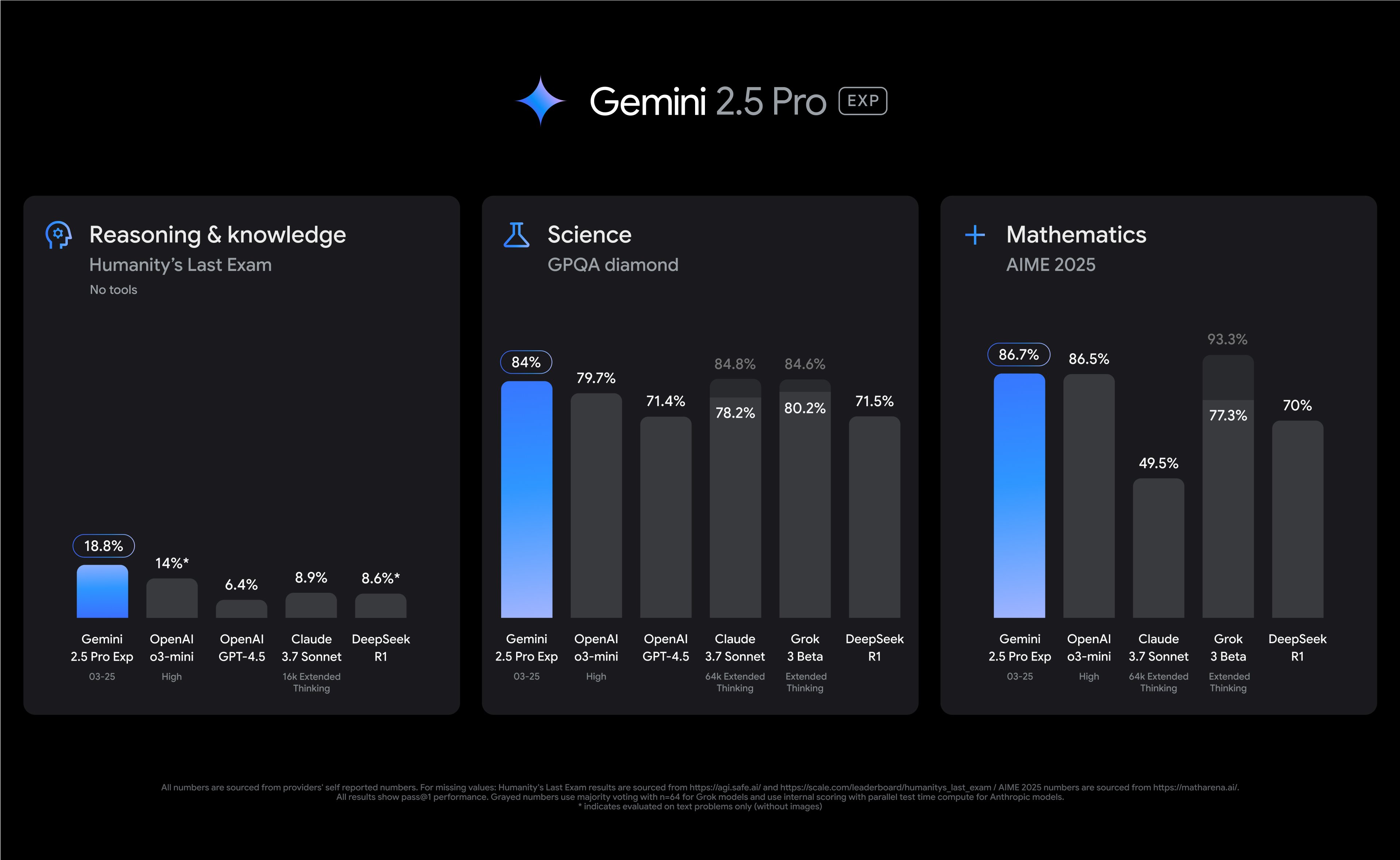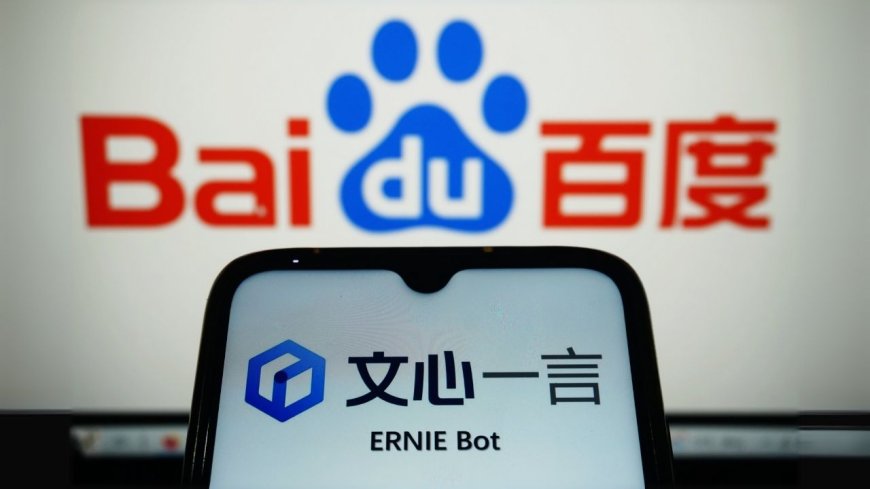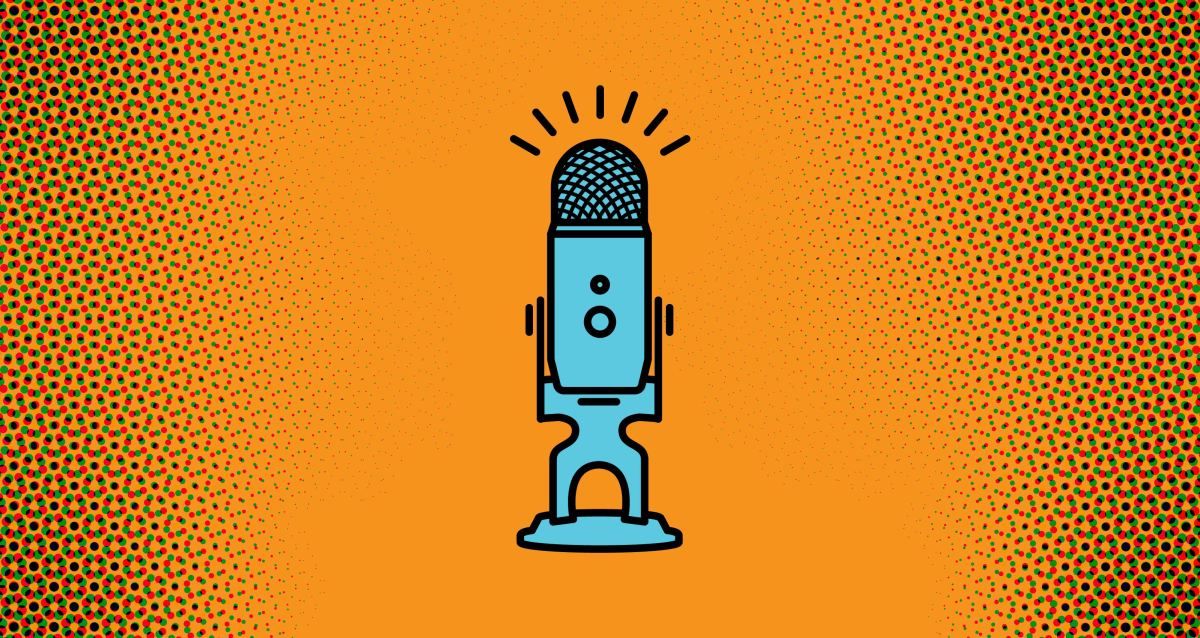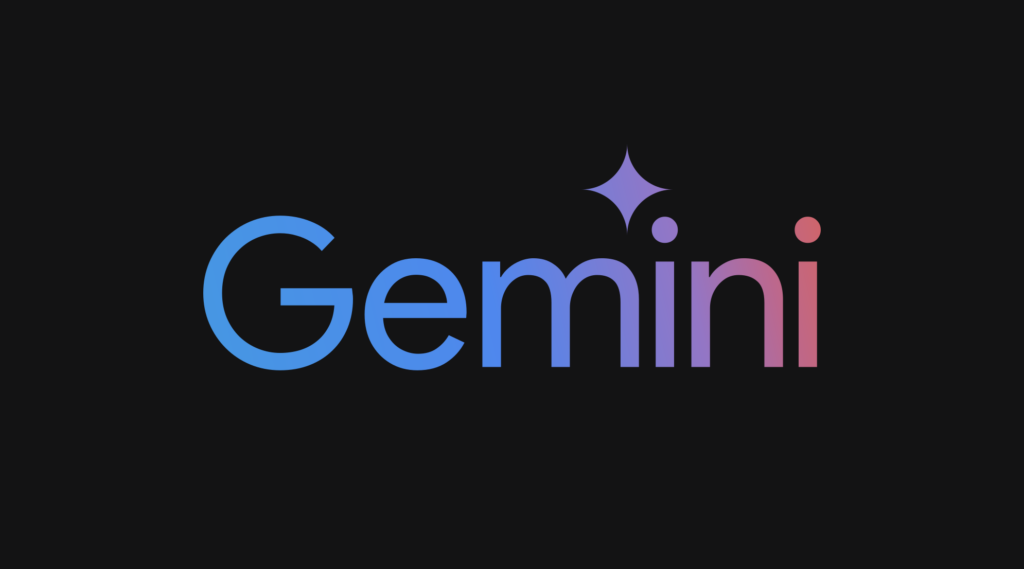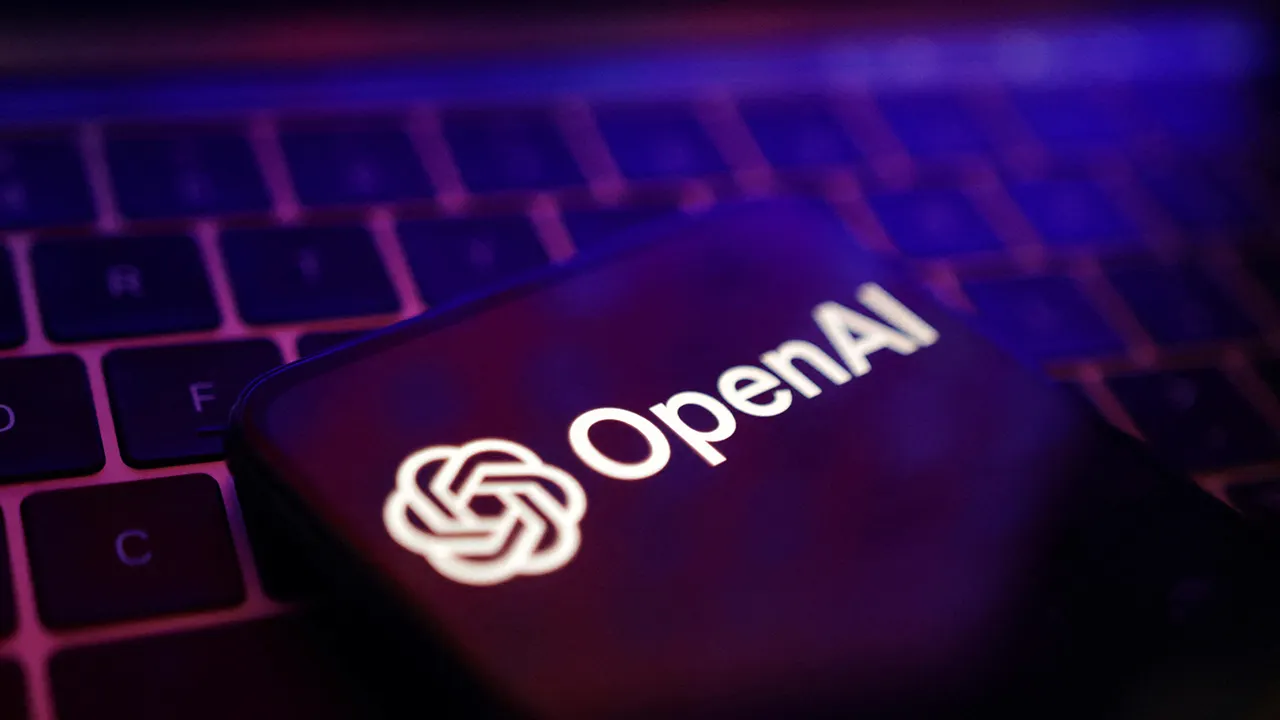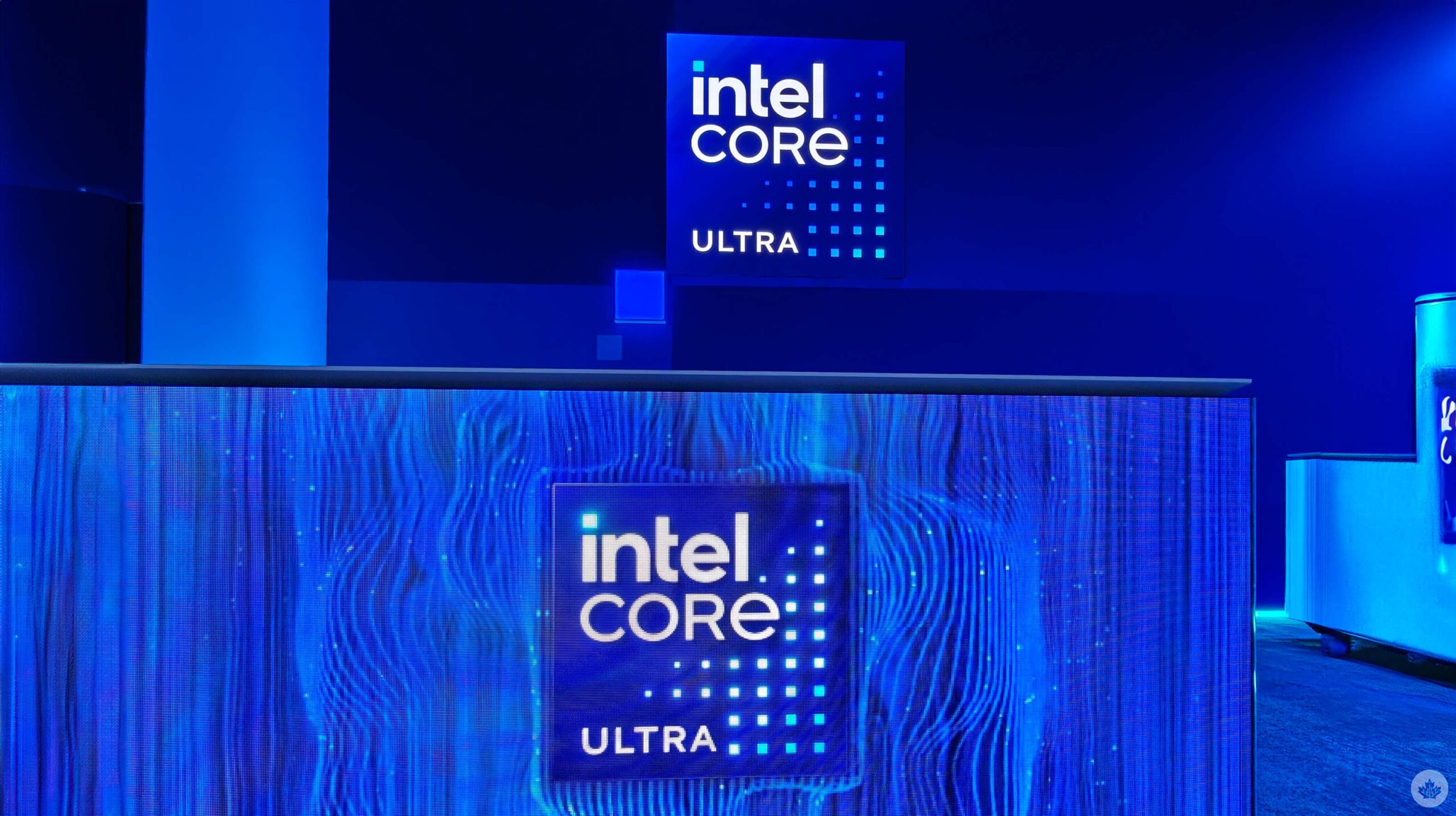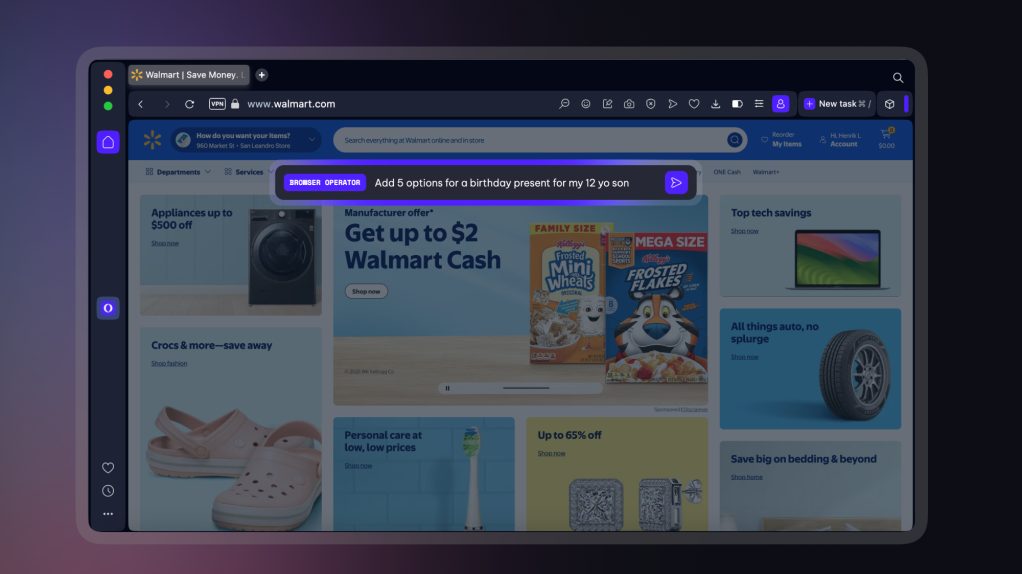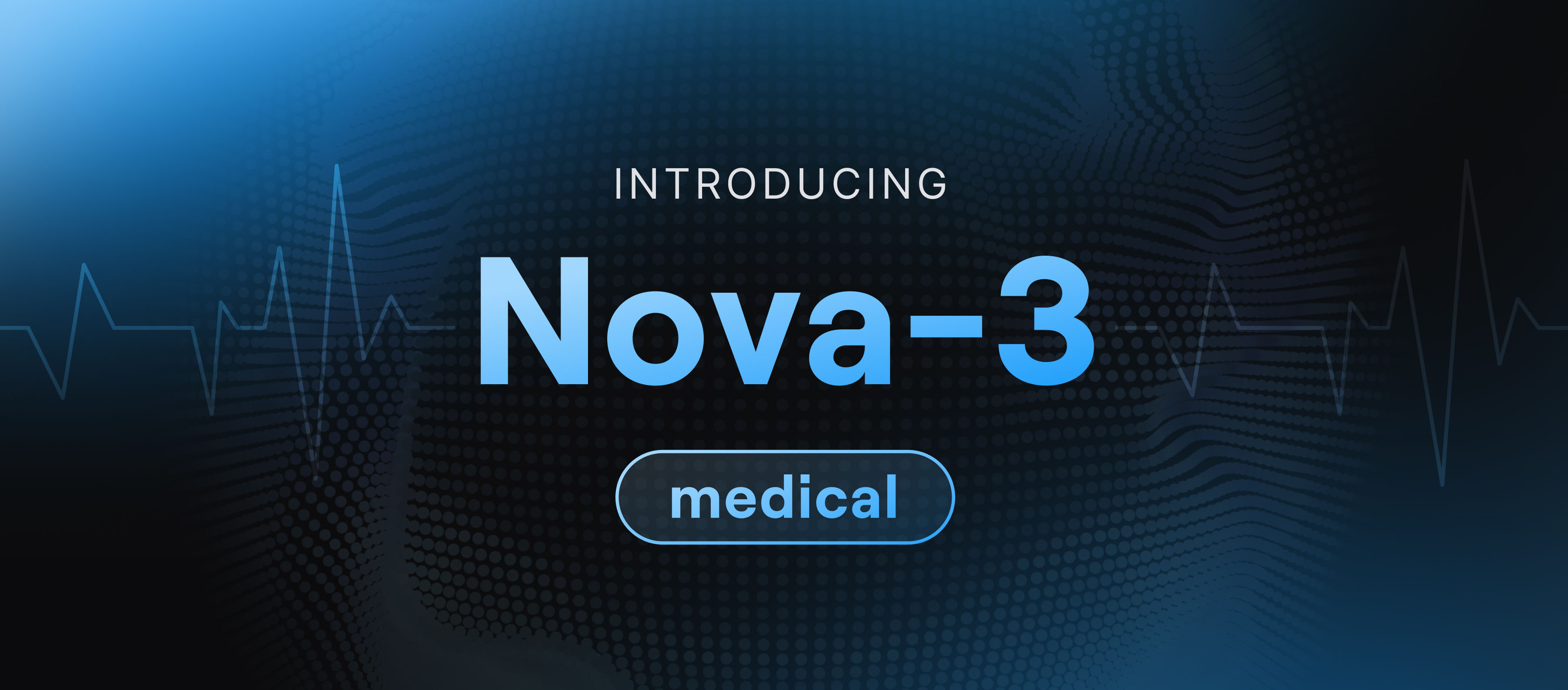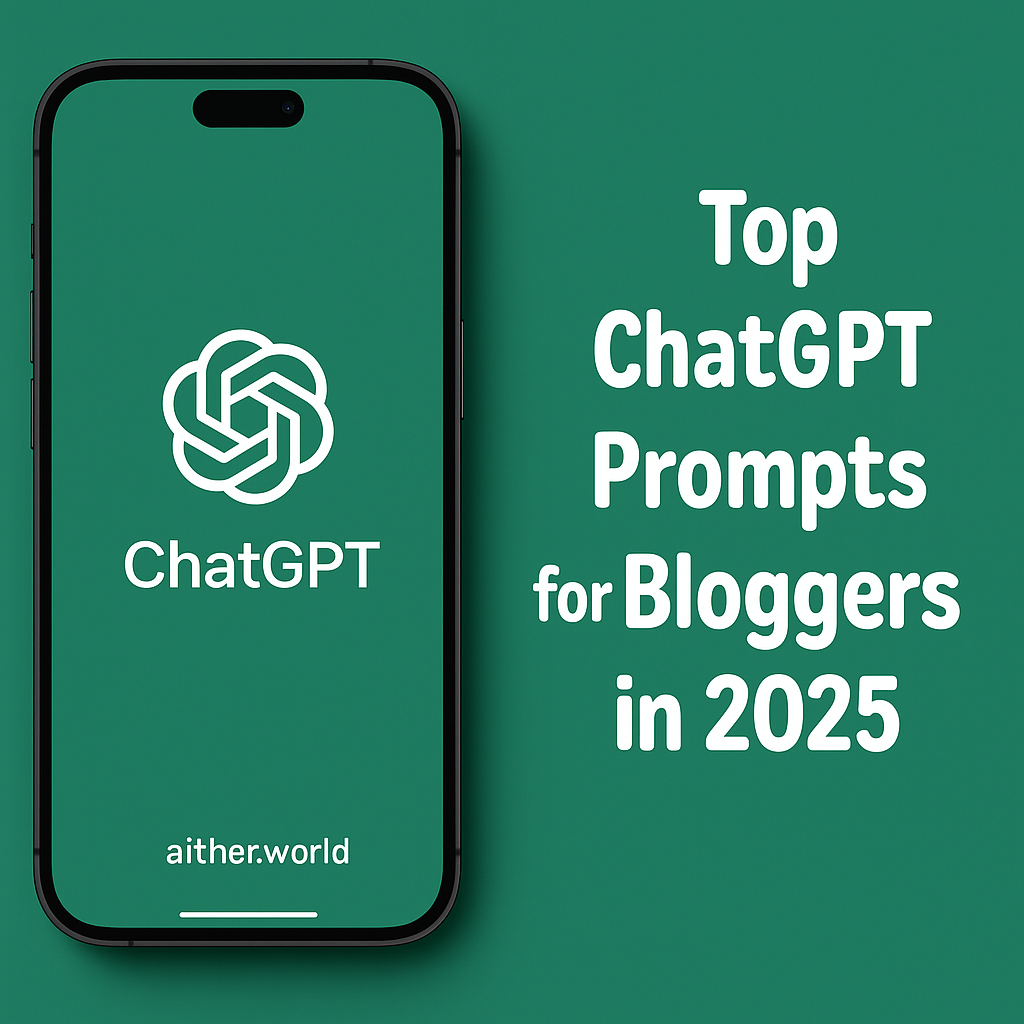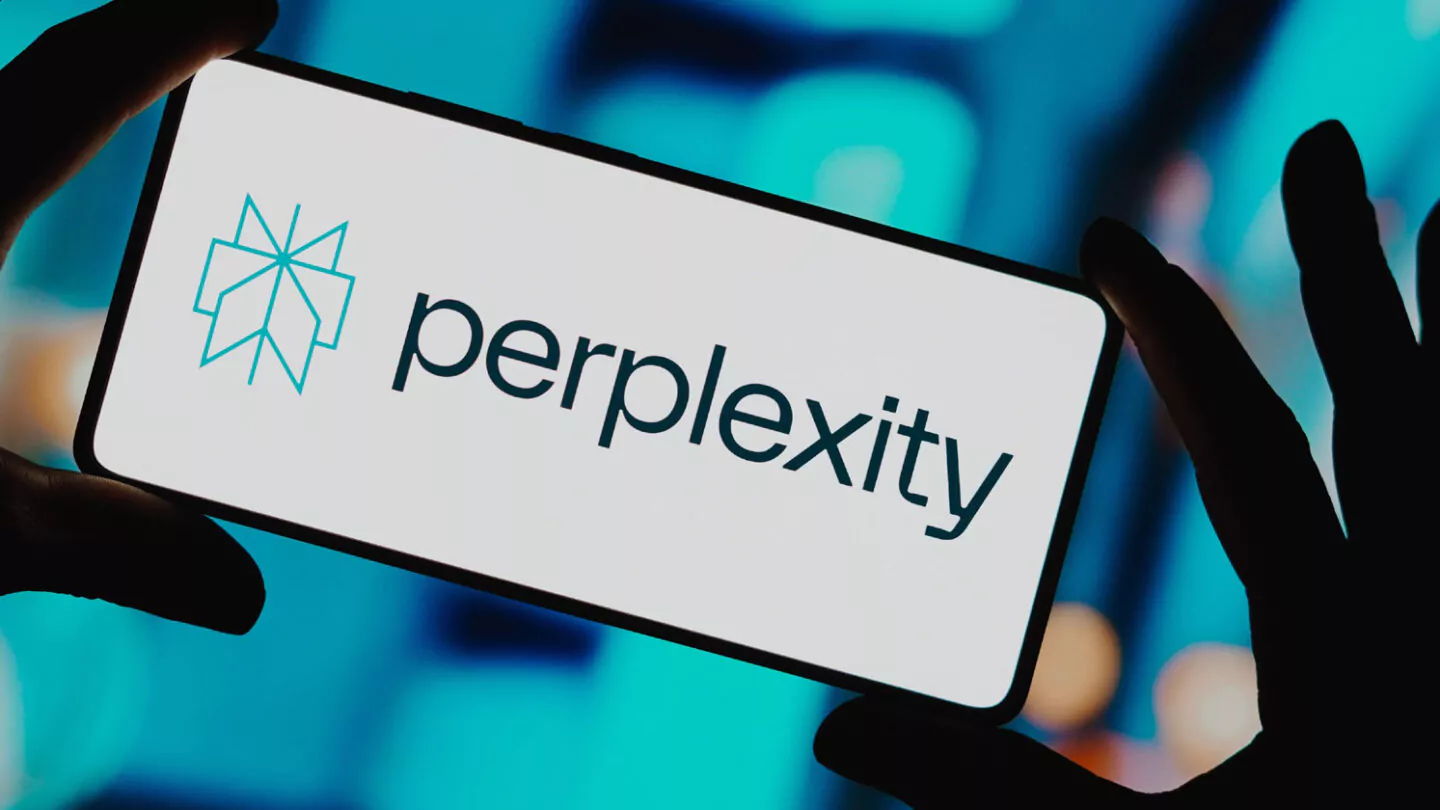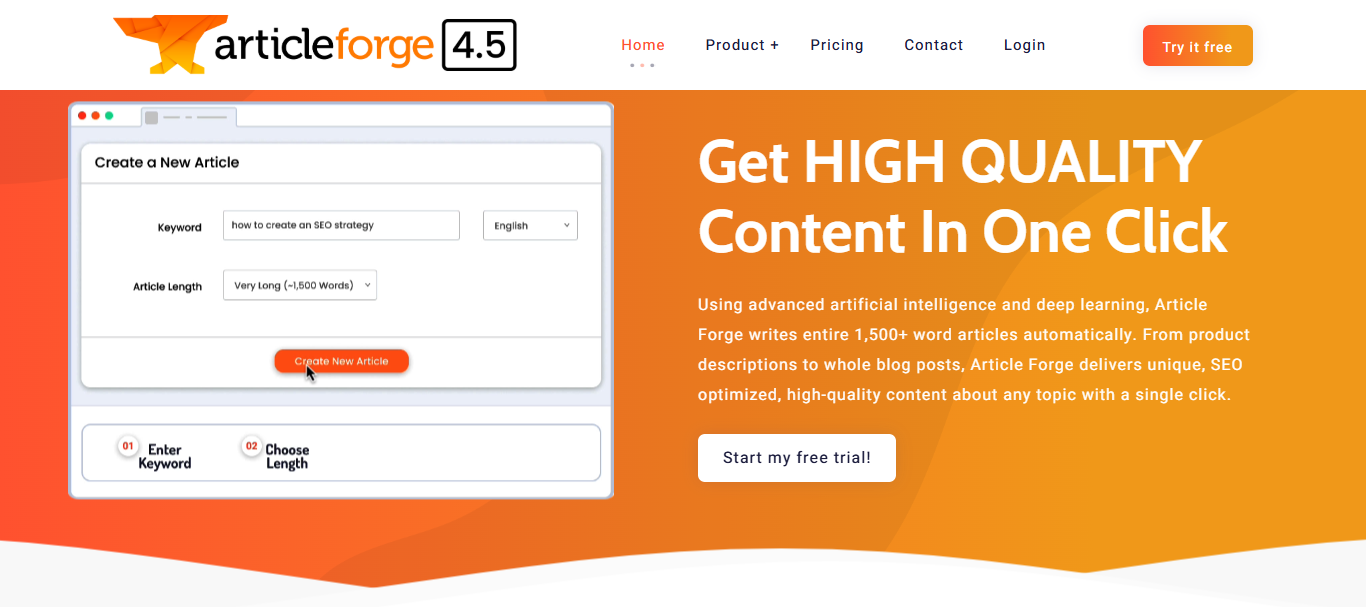LinkedIn co-founder and Democrat donor Reid Hoffman remains optimistic about artificial intelligence's potential to empower humanity, despite political setbacks and growing industry concerns.
In a wide-ranging interview with the Observer about his new book "Superagency," Hoffman argues that AI is poised to give people "cognitive superpowers" that will increase both individual and collective human agency, creating widespread societal empowerment.
"There's a flood of discussion around AI that tends to be negative and concerns a decrease in human agency," Hoffman said. "While that is a common response to new technologies, in previous cases it hasn't come to pass – human agency has increased – and I predict the AI revolution will land in the same place."
The tech billionaire labels those worried about AI's near-term risks as "gloomers" and dismisses calls to slow development. He argues Western democracies must adopt this "cognitive Industrial Revolution" quickly to maintain economic and values leadership over countries like China.
"The countries that adopt the cognitive Industrial Revolution early and firmly will win massive amounts of economic strength, and their values will end up shaping the world," Hoffman said.
Check this out:
AI's Impact on Employment
While acknowledging job transformation concerns, Hoffman believes AI will primarily function as a "co-pilot" rather than replacing humans entirely.
"Information professionals will need to be using AI tools to do part of their work. If you don't, you will be under-tooled and won't be competitive," he explained. "Repetitive tasks might be automated, creative processes accelerated. You get a lot more agency and so do other people."
Political Landscape and Tech Industry
As one of few tech leaders who hasn't aligned with President Trump, Hoffman expressed dismay about recent developments, including "seemingly allying with Russia and Putin and standing down our offensive cyber operations."
He criticized the administration's approach to government efficiency through the controversial Department of Government Efficiency (Doge) led by Elon Musk, calling it "a hot mess of incompetent behaviour."
Hoffman also addressed industry concerns about rolling back diversity initiatives and dropping factchecking on platforms like Meta: "While one could easily argue some DEI initiatives have gone too far and it's good to adjust them, some of DEI is civil rights – which, unequivocally, it is good to be for."
Future Regulation and Development
Despite Trump rescinding Biden's 2023 executive order on AI regulation, Hoffman advocates for an iterative regulatory approach that tackles major harms while allowing innovation.
Looking ahead, Hoffman predicts AI tools will become essential professional equipment within three years: "If you're not using them, it will be like a professional not having a mobile phone."
His advice for young adults considering career paths? "I don't think it is AI-proofing yourself; it is AI-amplifying yourself. The important thing is to be engaging with AI and learning the tools."


